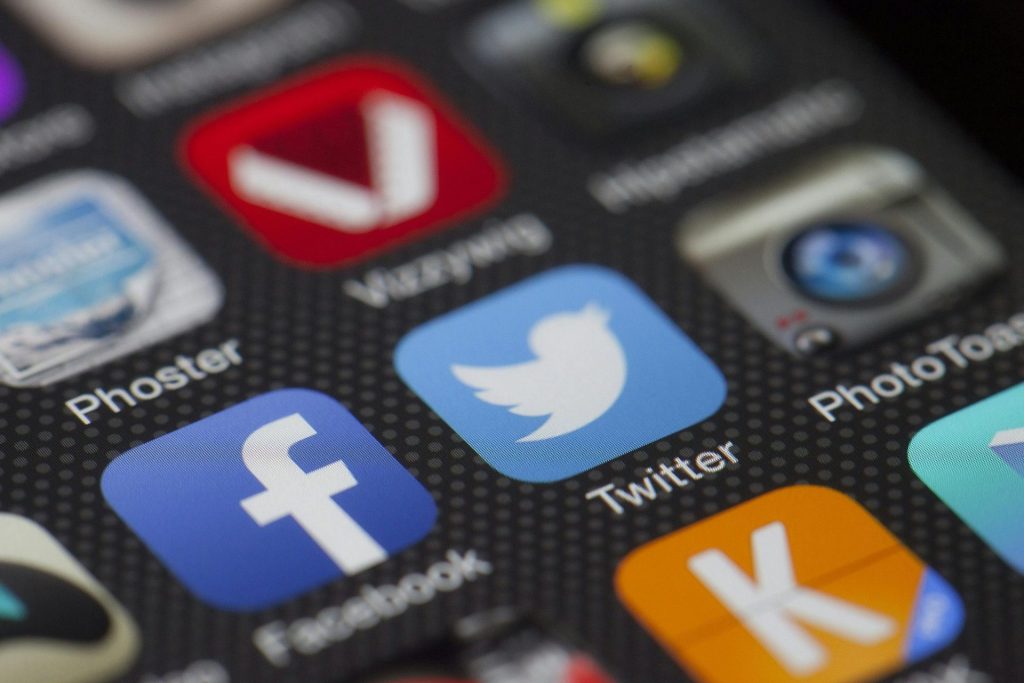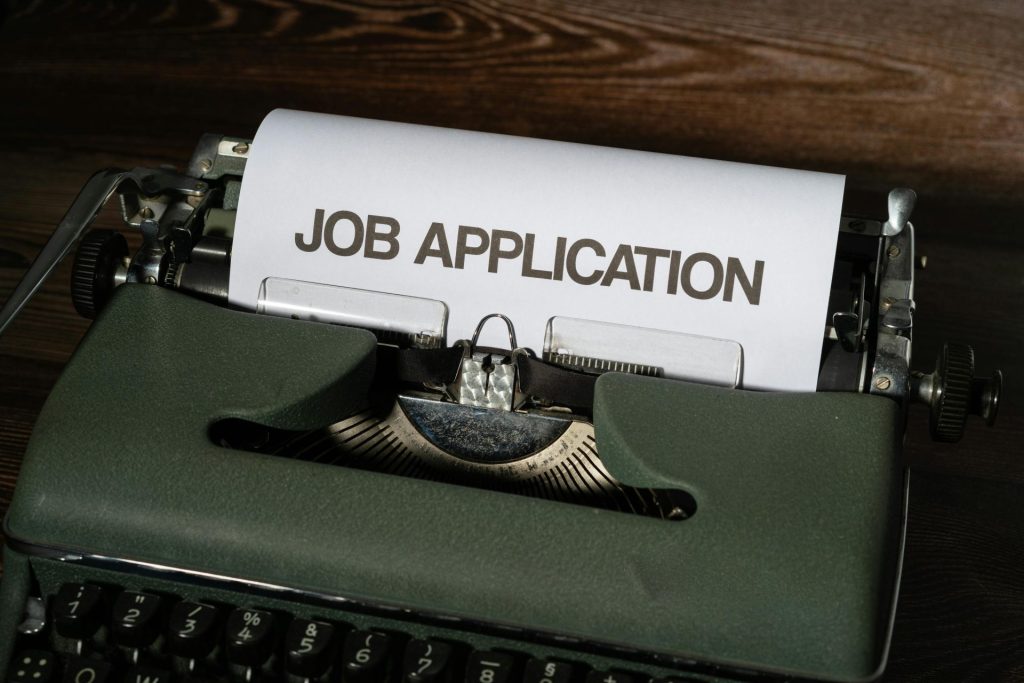Job hunting is already a massive headache, but for Gen Zers just entering the workforce, it can feel like an utterly demoralizing nightmare. Gone are the days when simply having a degree was enough to land a decent career path right out of college.
These days, scoring an entry-level job worthy of your major often requires the equivalent of 5 years’ experience…which is impossible when you’re fresh out of school with zero professional experience to begin with. It’s a crazy catch-22 that has Gen Z caught in the crosshairs.

But rather than just venting about how rough the entry-level job market is, let’s dig into the actual systemic reasons and workplace barriers that make it so maddeningly difficult for Gen Z talent to get hired and gain experience in the first place.
By exposing the root causes, hopefully we can inspire some much-needed changes down the road. Because at the end of the day, having an entire generation stuck in unemployment isn’t just bad for the individuals – it stifles economic growth for everyone.
Here are 15 harsh realities making Gen Z’s job hunt a soul-crushing existential crisis
Lack of Entry-Level Opportunities

It’s an endless cycle – employers want candidates with experience, but don’t actually offer viable entry-level roles to get that first foot in the door. Gen Zers are told their internships and College credentials alone aren’t enough to be considered.
Basic roles keep getting more requirements piled on, locking out those without prior professional backgrounds. Companies seem allergic to actually training up brand new hires from scratch anymore. It creates a systemic barrier where Generation Z inevitably gets boxed out for years.
Social Media Hiring Biases

Gen Zers are the first generation to have their entire lives documented online from childhood, and it’s now coming back to haunt them during job screenings. One silly high school photo, snarky old tweet, or record of past misbehavior is enough for employers to weed out potential candidates sight unseen based on digital pasts.
Dated views on social media decorum put Zoomers at an unfair disadvantage versus other generations. Even if their online presence is clean, the scrutiny itself is discriminatory.
Irrelevant Degree Requirements

Thanks to outdated HR practices and convoluted hiring systems that over-credential and rely too heavily on arbitrary filters, far too many Gen Z applicants get swiftly auto-rejected for not having the exact degree listed – even when their chosen academic program has little relevance to the day-to-day role itself. It’s a flawed process heavy on inefficient red tape that weeds out otherwise qualified candidates in their tracks.
Imposter Syndrome and Anxiety

Having grown up in a social media-centric world where vulnerability and flaws are deterred, Gen Zers often struggle with intense self-doubt that holds them back in job interviews.
The internal pressure for performative perfection makes young talent second guess themselves, come across as inauthentic, or get turned off from opportunities altogether due to imposter syndrome and mental health struggles. The intimidation factor alone severely hampers their ability to sell themselves confidently.
Unrealistic Expectations

Perhaps due to social media or lack of life experience, many employers complain that Gen Z candidates come in with wildly unrealistic expectations about earning potential, work/life balance, job security, and growth opportunities when compared to grizzled reality.
Those mismatched expectations result in near-immediate disillusionment on both sides, with bosses dismissing Gen Z as entitled and Gen Z dismissing old-school employment practices as exploitative. The generational expectations gap is real.
Rising Credentialism

In today’s uber-competitive market, the bachelor’s degree alone no longer serves as a catch-all union card to workforce entry like it did for previous generations. Now, securing even an modest gig often requires a specialty certification, coding knowledge, or even graduate degree to stand out from tsunamis of other applicants.
Higher education credentialism has rapidly escalated in just a few decades, raising barriers to entry substantially for Gen Z.
Ghosting/Application Limbo

When it can take months for companies to actually get back to applicants with a simple rejection, it’s no surprise Gen Z considers the entire hiring process deeply dehumanizing, frustrating, and validating their own worst fears of struggling for respect.
Getting hard ghosted or left on indefinite hold after rounds of interviews and personal portfolio reviews is agonizing. The ambiguity and lack of transparency is utterly demoralizing.
Student Debt Pressures

Saddled with crushing student debt from the exploding higher education costs, Gen Z graduates feel immense pressure to find financially sustaining roles that can make their degree “worth it” through loan repayment.
But with so few options and low entry-level pay rates, it’s daunting to justify the price tags many in this generation had to pay chasing career training. Student debt’s soul-crushing weight hovers over an already nerve-wracking job search
Insistence on ‘Hustle’ Culture

While Gen Z largely rejects the notion of prioritizing work over personal life, employers still reward and idealize those who showcase unwavering devotion to the daily grind over outside obligations.
Young graduates who try setting boundaries or don’t want to fall into corporate hustle culture often get penalized as unmotivated, complacent, or lacking hunger. It’s a deeply antiquated workplace double standard.
Generational Stereotyping

For all their proclaimed commitment to diversity, many businesses still harbor deeply ingrained biases against Gen Z as flighty or unprofessional based on generational optics alone.
Before even getting through the door, young applicants have to combat negative stereotyping that they’re incompetent, addicted to technology, impatient, and unproven. It’s a prejudiced lens that taints otherwise qualified Gen Z talent.
Remote Work Uncertainty

Thanks to pandemic whiplash shifting workplace norms, Gen Z faces conflicting hiring expectations around remote work capabilities and office attendance.
Graduating with only virtual learning and job experience under their belt often gets interpreted as unpreparedness for in-person collaboration and company culture. But they also get dinged for not showcasing remote work stamina. It’s a mixed-signal minefield.
Lack of Face Time Rapport

With social media enabling less human-to-human interaction compared to Generation X or Boomers, many hiring managers feel Gen Z applicants lack the deft charm, confidence, and ability to read subtle physical cues during interviews. Their perceived over-reliance on technology and deprivation of in-person relationship skills puts them at a disadvantage when trying to make a sparkling first impression face-to-face.
Too Much Job Hopping

Partially due to stunted opportunity and partially from skyrocketing ambition, Gen Zers are stereotyped as perpetual job hoppers disloyal to single companies and roles.
While seeking growth and better offers is understandable, employers often dismiss Gen Z talent for seeming to burn out of positions too fast based on limited tenure or patchwork resumes. This mobility gets weaponized against them unfairly.
Applicant Tracking Black Holes

Many major companies now utilize insufferable “applicant tracking systems” that scan resumes for keywords before humans ever lay eyes on them. These automated screening tools notoriously miss depth and context in applications. Gen Zers often see their materials disappear into these digital black holes without clarity on shortcomings or how to increase their odds in future hiring pipelines.
Experience vs. Potential Debates

Recruiters, headhunters, and HR managers seem increasingly split on whether to hire for experience and existing skills versus untapped potential and growth mindset. Gen Z contends with indecisive older gatekeepers who can’t decide if they’re better off taking a chance on raw talent over proven specialization for different roles. This wavering hurts those without traditional experience.
With the pandemic giving employers unprecedented privilege over the labor market, it’s no surprise shrewd corporations are raising the bar higher than ever before when it comes to screening Gen Z candidates.
Too many unnecessary hurdles seem to exist out of pure corporate ego or unwillingness to properly train and develop entry-level professionals these days. But by making it this hard to get in the game, we’re losing out on an entire generation of driven, digital-fluent talent. It’s shooting ourselves in the foot economically and culturally. Hopefully by exposing the biggest obstacles, meaningful changes can be made.